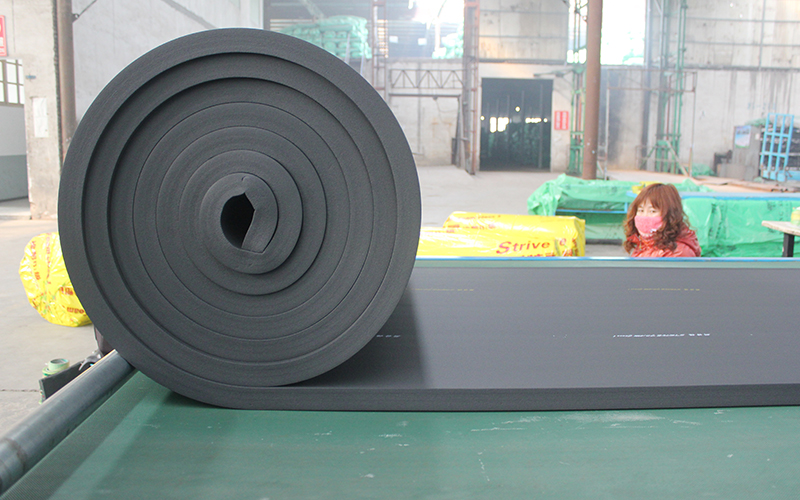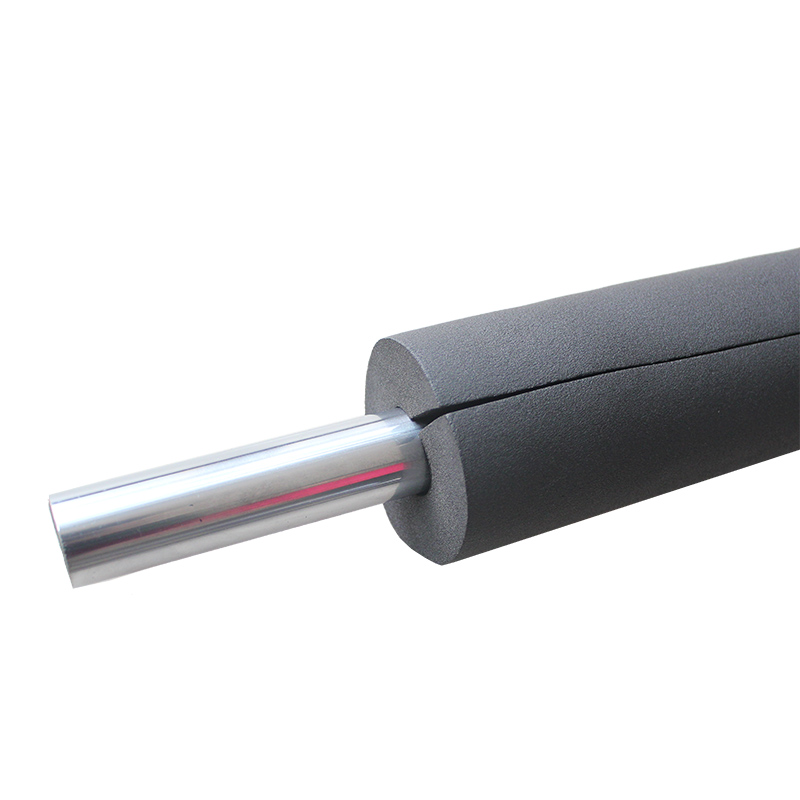Circular cotton is used to create colorful sound absorbtion tiles from Impact Acoustics.
With only 12% of clothing materials being recycled and 92 million tonnes of textile waste being produced globally, repurposing textile waste can significantly impact the construction and fashion industry's mega carbon footprint. Heat Insulation Sheet

At the intersection of design and circularity and creating products that absorb sound, soft, pliable, or porous materials make good acoustic insulators. Recycled paper milk cartons, recycled clothing, and even plastic bottles can be transformed into sound insulation materials.
Laurence Carr, an international regenerative interior architect, product designer, and founder of Laurence Carr Inc., says as we see our reserves of renewable natural resources rapidly depleting, there's a growing (and vital) global focus on innovative ways to use recoverable waste.
"Given that the cost of raw materials makes up a big chunk of production expenses, using less desirable leftover materials from unavoidable processes can actually give manufacturers a significant upper hand," said Carr. "In this way, circular principles are not just good for the environment and human health; they also benefit the economy at large. It's a win-win-win!"
The innovation that Carr refers to is happening. Volunteers repurposed used milk cartons at the Hope Recovered Library in Lethabong, South Africa, into an eco-friendly and effective insulation material for the library. BAUX, a venture from the Swedish industrial design firm From us with Love, transformed textile waste into sound insulation products with Acoustic Felt in 2021.
In 2023, The Chicago Athenaeum: Museum of Architecture and Design and the European Centre for Architecture Art Design and Urban Studies awarded the Green Good Design to HexStargon Archiv Acoustic Collection designed by Mary-Ann Williams for Illu Stration. Inspired by three-dimensional origami folds, the collection is sustainable and encourages reuse and re-creation to cut waste.
And now, a Swiss startup, Impact Acoustic, has created a new sound-absorbing product—Archisonic cotton—made from the cellulose from cotton linters that are by-products of the cotton industry that would typically be thrown away.
Sven Erni, Co-founder and CEO of Impact Acoustic, said cotton cellulose is a 100% natural and resilient material. "Cotton cellulose has a rich history dating back to the 12th century in Italian paper-making traditions," said Erni in an email interview.
Erni says the company crafts lightweight and structurally sound acoustic products with a unique and contemporary design. Their production is entirely manual and relies on the expertise of skilled artisans. Founded in 2019, their first product, Acoustic Felt, transformed single-use plastic bottles into acoustic materials. In 2022, the company won the Central Switzerland Startup Entrepreneur Award.
"Although the process itself is straightforward and does not involve the use of heat or other energy-intensive resources, we are actively working on industrializing our operations to further cater to customers worldwide," said Erni. "Our production process follows a circular model, emphasizing the recycling and reutilization of all materials and creating no waste whatsoever while prioritizing minimal energy use by leveraging energy produced by our solar-powered system."
"Even the water we use in the production process is handled in a closed cycle, reducing the waste to zero," added Erni.
The cotton linters are sourced from Spain, which Erni says solidifies the company's commitment to creating an entirely European product.
"The cotton material can absorb up to 60% of sound, rendering it exceptionally effective as our standard PET-based acoustic absorbers, Archisonic Felt," said Erni. "To fashion our tiles, we combine cotton linters with clays and color them using earth pigments sourced from a century-old factory in Verona."
Erni says that their cotton represents the epitome of circular products.
The Michele Litvin Studio at Design Days in Chicago in 2023. The studio uses acoustic cotton from Impact Acoustics.
"It requires minimal energy and is produced using our solar energy collectors," said Erni. "With this innovative approach, we can utilize the same product repeatedly without additional materials, all while maintaining its quality and avoiding resource wastage."
Erni believes that circular products still need to be better understood and equated with sustainable products.
"However, it is important to note that not all circular products are sustainable, as the carbon footprint associated with recycling certain products can be higher than that of creating new materials," said Erni. "For instance, the recycling process for certain plastics can only be repeated a limited number of times, as they gradually weaken and accumulate toxins with each recycling cycle."
"We firmly believe that embracing the circular economy is crucial for addressing challenges such as resource depletion, waste generation, and environmental degradation while fostering a more sustainable, prosperous and resilient society," said Erni.
Carr says circularity has the ability to not only mitigate environmental harms commonly done through the design process but to potentially reverse them.
"We can, as an industry, turn our environmental impact from negative to positive through the embrace and application of circular practices such as upcycling and innovating biomaterials from waste products and naturally renewable resources," said Carr.

Aluminum Foil Tape "Considering that the built environment generates nearly 50% of annual global CO2 emissions, and global building floor area is expected to double by 2060—the equivalent of adding an entire New York City to the world, every month, for 40 years—quite a lot of global responsibility rests on the shoulders of architects and designers," adds Carr.